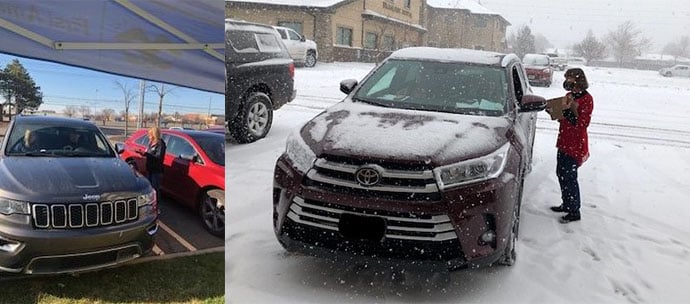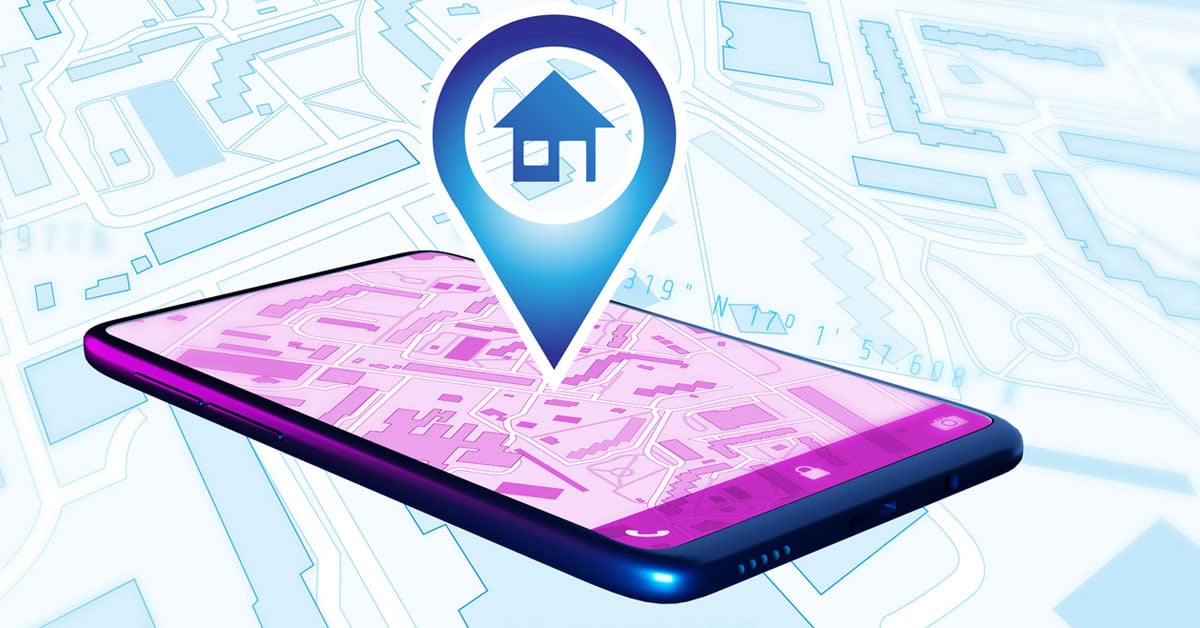The coronavirus pandemic has challenged businesses and organizations in the United States and around the world to adapt and innovate rapidly. Faced with the urgent need to protect employees, customers and the larger community, these creative solutions reveal a spirit of innovation and a willingness to overcome traditional limitations to provide safe and effective solutions to serve customers.
“Certainly, the curbside closing may be part of the legacy of the COVID-19 era, as I believe we will continue to offer that option for customers even as the pandemic wanes. But, the accelerated shift toward a more digital closing process and greater adoption of eClosing technologies will likely be the signature trend from the pandemic.”
This three-part Q&A series highlights First American’s efforts to adapt and innovate amid COVID-19 as part of the company’s commitment to its employees, customers and communities. Part one of the series delved into how the company rapidly moved to help employees work from home. Part two of the series below examines how First American employees quickly adopted innovative field-level solutions to help close real estate transactions.
Nancy Tarr, vice president, national escrow operations, provides her perspective on the efforts of First American’s escrow officers and transaction closing professionals across the country.
Question: When did you realize that that spread of the pandemic would demand innovation at the office level to help customers close their transactions?
“I first realized the need to identify new ways to help our customers close transactions in late February. The coronavirus outbreak had been in the news, but there was no connection to our business yet. That all changed when a buyer involved in a transaction that was being handled by one of our Northern California offices notified the local escrow team that they had recently completed a symptom-free, 14-day self-quarantine upon returning from China. While the buyer was symptom free, the situation prompted the first of many discussions among our team about how we would need to handle a closing in the COVID-19 era, while helping protect the health of our people and our customers.
“By early March, as ‘shelter-in-place’ orders first started rolling out in various regions, we worked closely with the executive leadership team to identify and define protocols that aligned with the guidance from the Centers for Disease Control.”
Question: What were some of the immediate actions taken to help staff close transactions for their customers?
“I was struck by how First American’s company values – service, teamwork and leadership – guided our response efforts. It wasn’t long until we had documented a set of protocols to guide our staff as they continued to help customers close their real estate transactions, while taking steps to help protect the health and safety of those involved. We emphasized and continue to promote best practices for personal hygiene and workplace cleanliness to our people. Now we’re wiping down our closing room tables and chairs after each closing and providing new pens to customers for each signing, as well as making plenty of hand sanitizer available in our offices.
“We’ve tried to keep our customers’ priorities in focus, encouraging social distancing, limiting participation in closings to just the principals in the transaction; offering low-contact and no-contact closing options, like separate closing rooms; using mobile notaries to bring the closing paperwork to our customers; increasing our use of technology, including remote online notarization; and providing curbside closings.”
Question: How has First American’s staff adjusted to new ways of helping customers close their transactions?
“Among the defining aspects of First American’s culture are our collaborative spirit and commitment to customers. These two qualities strengthened our response to COVID-19 as our escrow teams across the country shared innovative ways to help customers. Our team in Illinois was among the first to offer curbside closings. They shared the positive feedback from customers and we rapidly made curbside closings available at our offices across the country. In one instance, our curbside services had to expand outside of title insurance and escrow – our team in Michigan helped a customer jumpstart his car after it wouldn’t start following his closing.”

Question: What innovations born out of the adaptations to the pandemic do you think will remain in place once business returns to a normal operating posture?
“Certainly, the curbside closing may be part of the legacy of the COVID-19 era, as I believe we will continue to offer that option for customers even as the pandemic wanes. But, the accelerated shift toward a more digital closing process and greater adoption of eClosing technologies will likely be the signature trend from the pandemic. First American has been at the forefront of this industry evolution for years, but now the pace of the transformation is poised for more rapid change. Remote ink-signed notarization, where paper documents are ink-signed while a notary witnesses via webcam and then the ink-signed documents are mailed back to the notary for final notarization, sprung out of the need for innovation during the pandemic.
“The pandemic may also spur greater adoption of remote online notarization (RON) in the long term. We have long advocated for the adoption of RON with the appropriate technology and policy guardrails to protect home buyers and sellers. Already, many states have passed legislation enabling the use of RON during the pandemic and we’re performing RON closings where and when we can.”
Question: How do you think eClosing will impact the real estate settlement in the future?
“This shift has been underway for years and now accelerated by the need for social distancing. We’ve taken a leadership position in the adoption of eClosing technologies and have worked with lenders, realtors, and title agents to provide consumers with a more digital real estate transaction experience. We’ve made tremendous progress, and we’re continuing to provide a variety of eClosing options to our customers. The evolution of real estate settlement is accelerating in response to the pandemic and we remain committed to applying state-of-the-art technologies to improve the real estate transaction for all the parties involved.”
Look for the final post in our three-part Q&A series that looks at how innovation in underwriting helped First American continue to close transactions for our customers, while protecting each other, customers and their communities.



